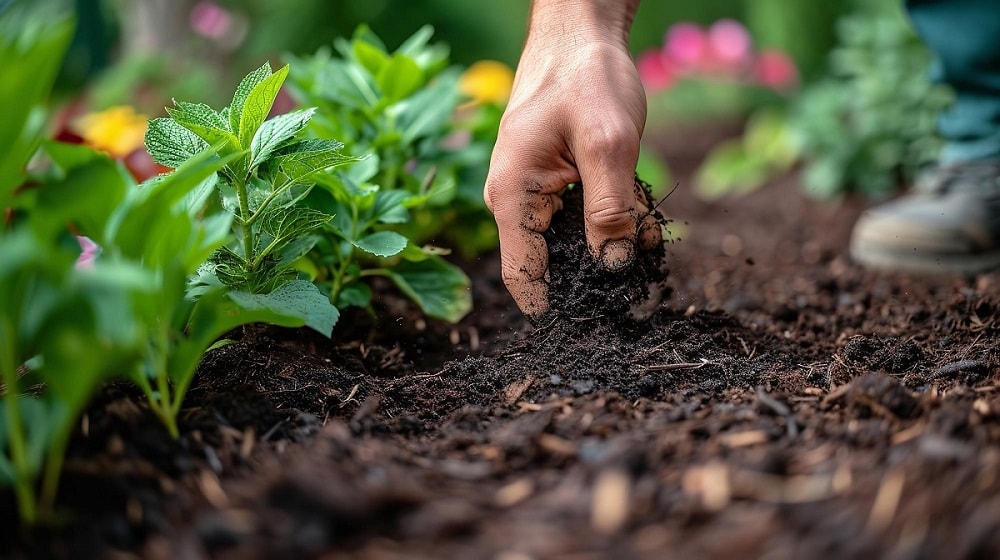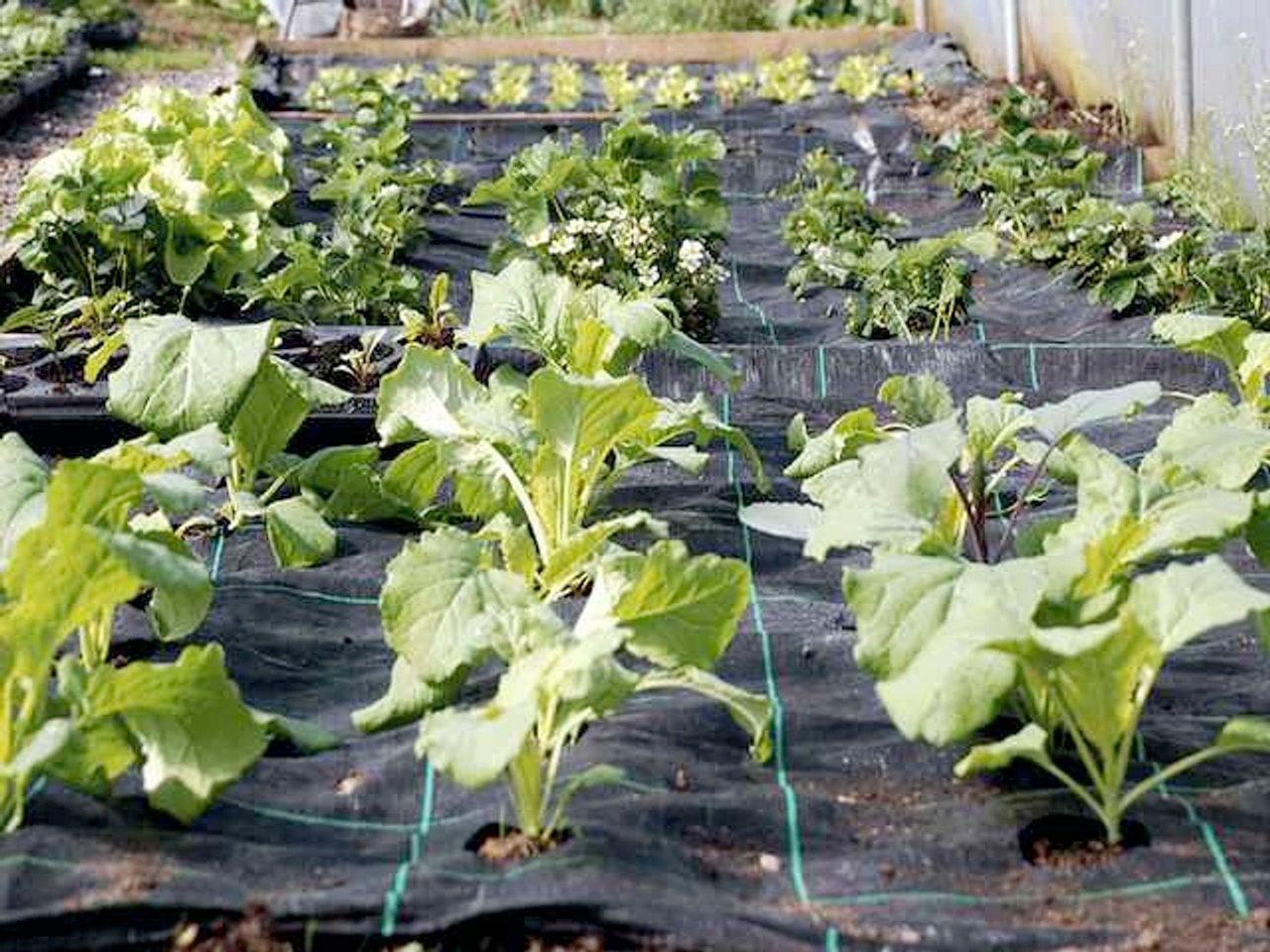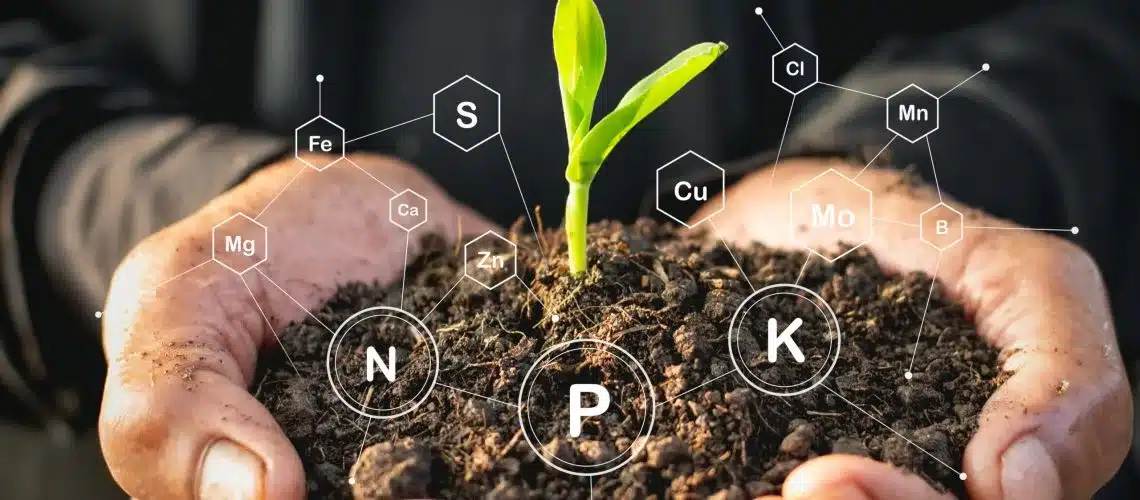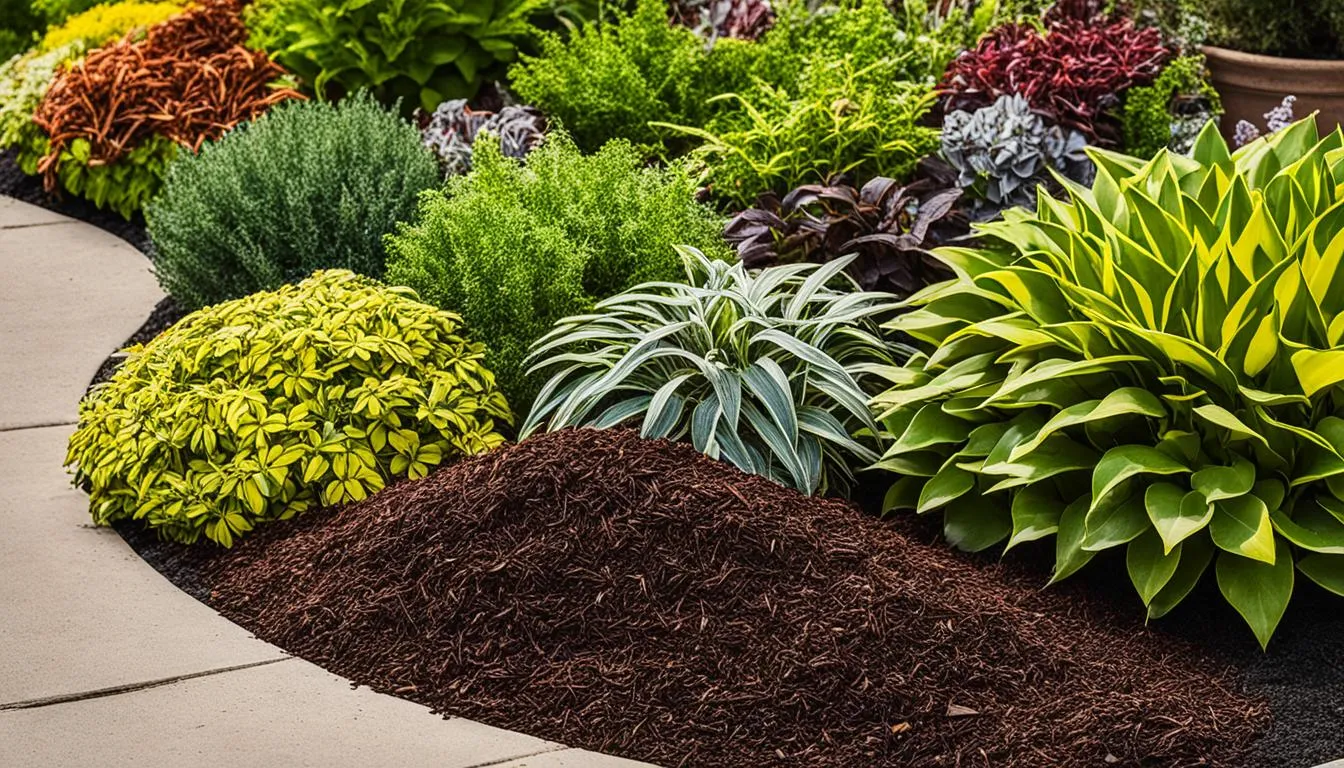Mulching involves covering the soil surface with a protective layer of material. This layer can be made up of various types of mulch, which are broadly categorized into organic mulches and inorganic mulches. Organic mulches, such as grass clippings, wood chips, pine bark mulch, and pine straw, decompose over time, adding essential nutrients and organic matter to the soil.

In contrast, inorganic mulches, like synthetic mulches and colored mulches, are long-lasting and effective for weed suppression and soil temperature regulation. Understanding the different types of mulch materials is key to selecting the best option for your garden beds and landscape beds.
Benefits of Mulching for a Healthy Garden
Mulching offers numerous benefits that contribute to a healthy and vibrant garden.
- One of the primary advantages is soil temperature regulation. Mulch acts as an insulating layer, helping to keep soil temperatures stable during temperature extremes. This is particularly important during hot summers and cold winters, as it protects plant roots from stress and damage.
- Another significant benefit is moisture retention. Mulch helps retain moisture in the soil by reducing water evaporation, ensuring that your plants have a consistent supply of water. This is especially beneficial during dry spells and hot summers when maintaining soil moisture is crucial for plant health.
- Mulching also plays a vital role in suppressing weed growth. By blocking sunlight, mulch prevents weed seeds from germinating, which reduces the need for manual weeding and allows your plants to thrive without competition. This protective layer not only suppresses weeds but also improves soil health by adding organic matter and enhancing soil fertility.
Overall, mulching helps create a healthy garden environment by improving soil drainage, preventing soil compaction, and promoting healthy soil structure. By choosing the right mulch material and applying it properly, you can enhance plant growth, retain moisture, regulate soil temperature, and suppress weeds, ensuring your garden stays lush and beautiful throughout the growing season.
Regulating Soil Temperature
Mulch plays a crucial role in regulating soil temperature, which is essential for protecting plant roots. During hot summers, mulch acts as an insulating layer, keeping the soil cool and preventing it from reaching temperature extremes that can stress plants.
This protective layer helps to maintain a more consistent soil temperature, reducing the risk of root damage. In winter, mulch serves as a blanket, shielding the soil and plant roots from freezing temperatures. This regulation of soil temperature ensures that plant roots remain healthy and active, promoting overall plant growth and vitality.
Moisture Retention
Moisture retention is one of the key benefits of mulching. Mulch helps retain moisture by reducing water evaporation from the soil surface. This is particularly important during dry spells and hot summers when soil moisture can quickly deplete.

By maintaining consistent soil moisture levels, mulch ensures that plants have a reliable water supply, reducing the need for frequent watering. This not only conserves water but also helps in sustaining plant health. A well-mulched garden retains moisture effectively, leading to lush, thriving plants and reduced water stress.
Suppressing Weeds
Weeds compete with your garden plants for nutrients, water, and sunlight. Mulching is an effective method for suppressing weed growth by blocking sunlight, which prevents weed seeds from germinating. By creating a barrier that obstructs light, mulch inhibits the growth of weeds, reducing the need for manual weeding.

This not only saves time and effort but also allows your garden plants to thrive without competition. A thick layer of mulch helps in suppressing weeds, ensuring that your plants get the necessary resources to grow strong and healthy.
Improving Soil Health
Mulching significantly contributes to improving soil health by adding organic matter, enhancing soil fertility, and promoting healthy soil structure. Organic mulches, such as grass clippings, wood chips, and pine bark mulch, decompose over time, enriching the soil with essential nutrients.
This process enhances soil fertility and provides a continuous supply of organic matter, which is crucial for maintaining healthy soil. Additionally, mulch helps in preventing soil compaction by creating a loose, airy layer that promotes root growth and microbial activity.

Improved soil structure leads to better water infiltration and drainage, reducing issues like soil erosion and runoff. By adding mulch, you are effectively creating a thriving ecosystem that supports plant growth, enhances soil health, and ensures a sustainable garden environment.
Types of Mulch Materials
Choosing the right type of mulch is essential for maximizing the benefits for your garden. There are various mulch materials available, each with unique advantages.
- Wood mulch is a popular choice due to its aesthetic appeal and effectiveness in improving soil structure.
- Pine bark mulch, another excellent option, is durable and long-lasting, making it ideal for larger landscape beds. Pine straw is lightweight and easy to spread, providing good coverage and soil protection.
- Wood chips are a versatile mulch material that helps in moisture retention and weed suppression. They are particularly effective in preventing soil erosion and enhancing soil fertility.
- Synthetic mulches, such as plastic mulch and landscape fabric, are durable and provide long-term weed control. However, they do not add organic matter to the soil.
- Bark mulch, made from the outer layers of trees, is attractive and effective in regulating soil temperature and moisture.
By understanding the properties of each mulch type, you can select the best material for your specific gardening needs, ensuring a healthy and beautiful garden.
Organic Mulches
Organic mulches, such as grass clippings, compost, and wood materials, offer several benefits. They decompose over time, adding organic matter and essential nutrients to the soil. This process enhances soil fertility and promotes healthy plant growth. Grass clippings are readily available and provide a quick nutrient boost to the soil. Compost, made from decomposed organic matter, enriches the soil and improves its structure.
Wood materials like wood chips and bark mulch are excellent for long-term soil health. They break down slowly, providing a continuous supply of nutrients and organic matter. Organic mulches also help retain moisture, regulate soil temperature, and suppress weeds, making them a valuable addition to any garden.
Inorganic Mulches
Inorganic mulches, such as colored mulches and synthetic mulches, provide several benefits without decomposing. These mulches are effective in long-term weed suppression and soil temperature regulation. Colored mulches, made from dyed wood or rubber, add a decorative touch to your garden while providing the functional benefits of mulch.
Synthetic mulches, including plastic mulch and landscape fabric, are durable and excellent for controlling weeds and conserving soil moisture. They are particularly useful in areas where organic mulch might decompose too quickly or where weed control is a primary concern. While inorganic mulches do not add nutrients to the soil, they are low-maintenance and provide consistent results over time.
Choosing the Right Mulch for Your Garden
Selecting the right mulch for your garden involves considering several factors. Assess the specific needs of your garden beds and landscape beds, such as the type of plants, soil condition, and climate.
For instance, wood chips are ideal for flower gardens, while pine bark mulch suits larger landscape areas. Consider the aesthetic appeal of the mulch as well, ensuring it complements your garden’s look.

Think about the longevity and maintenance requirements of the mulch. Organic mulches require regular replenishment but enhance soil health over time. Inorganic mulches are low-maintenance and provide long-term benefits. By carefully evaluating these factors, you can choose the mulch that best supports your garden’s health and beauty.
How to Apply Mulch Properly?
Proper mulch application is crucial for achieving its benefits. Follow these steps for effective mulching:
- Prepare the Area: Clear weeds and debris from the soil surface to create a clean base for the mulch.
- Apply Mulch: Spread mulch evenly around plants, ensuring a mulch depth of 2-4 inches. This depth helps retain moisture and suppress weeds without suffocating plant roots.
- Avoid Mulch Volcanoes: Keep mulch away from plant stems and trunks to prevent rot and disease. A common mistake is piling mulch too high against plants, which can lead to “mulch volcanoes” and harm plant health.
By applying mulch correctly, you ensure optimal moisture retention, temperature regulation, and weed suppression, leading to a healthier garden.
Common Mulching Mistakes to Avoid
Avoiding common mulching mistakes is essential for maintaining plant health. One frequent error is applying mulch too thickly, which can suffocate roots and prevent water and air from reaching the soil. Ensure the mulch depth is appropriate for your garden’s needs.
Using the wrong type of mulch for your soil and plants can also be detrimental. Choose mulch materials that suit your garden’s specific conditions and requirements. Additionally, avoid piling mulch against plant stems, which can lead to rot and plant diseases. By steering clear of these mistakes, you can maximize the benefits of mulching and promote a thriving garden.
Enhance Your Garden’s Health with Professional Mulching Services
Mulching is a vital practice for maintaining a healthy and thriving garden. By regulating soil temperature, retaining moisture, suppressing weeds, and improving soil health, mulch provides numerous benefits that contribute to robust plant growth and a beautiful landscape. Selecting the right mulch and applying it correctly can make a significant difference in your garden’s overall health and appearance.
At ADL Martinez Services, we are committed to helping you achieve the best for your garden in Houston, TX, and Humble. Our expert team provides comprehensive landscaping services, ensuring your garden remains lush and vibrant year-round. Whether you need mulching or are looking for a grass installer in Cypress, we’ve got you covered. Contact us today to learn more about our mulching services and how we can assist you in creating a beautiful, sustainable garden. Let’s work together to enhance your outdoor space with the benefits of mulching.
